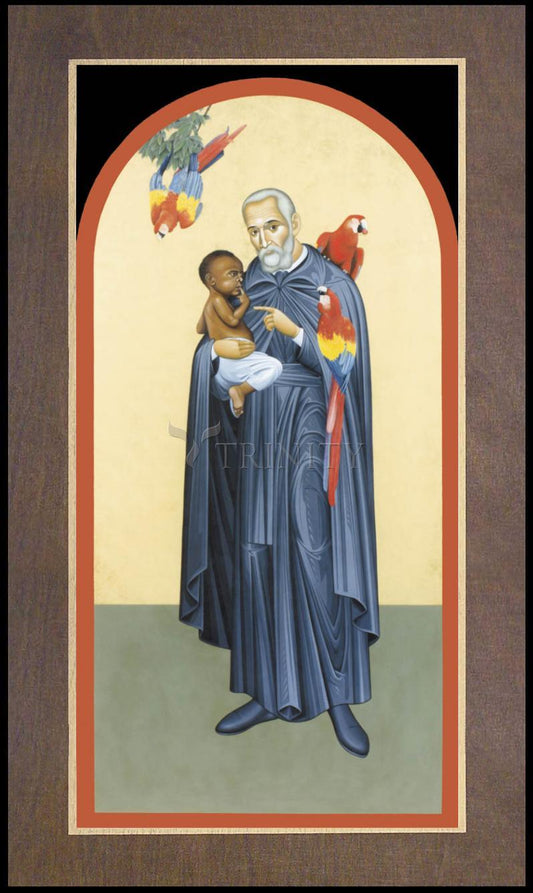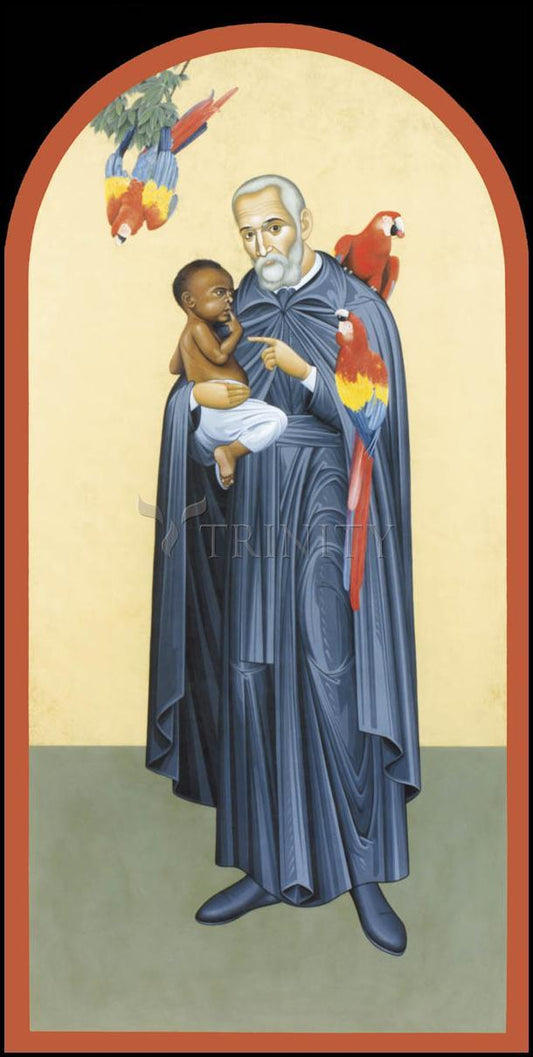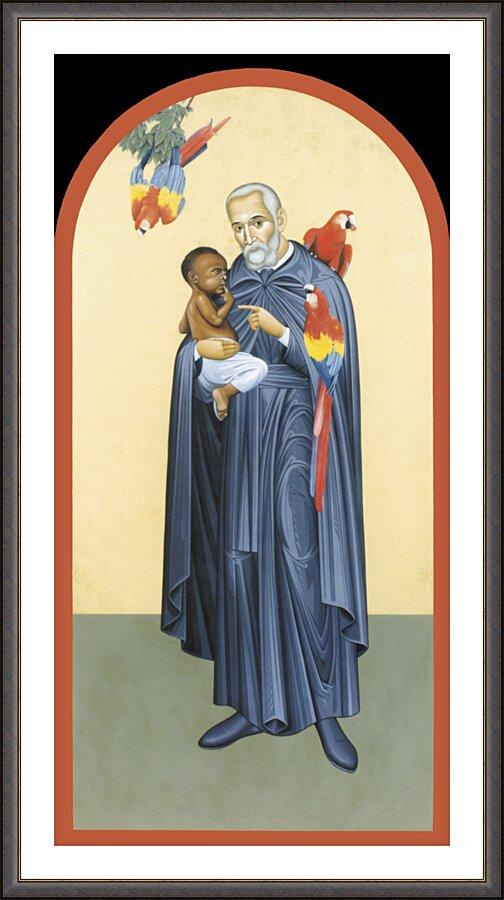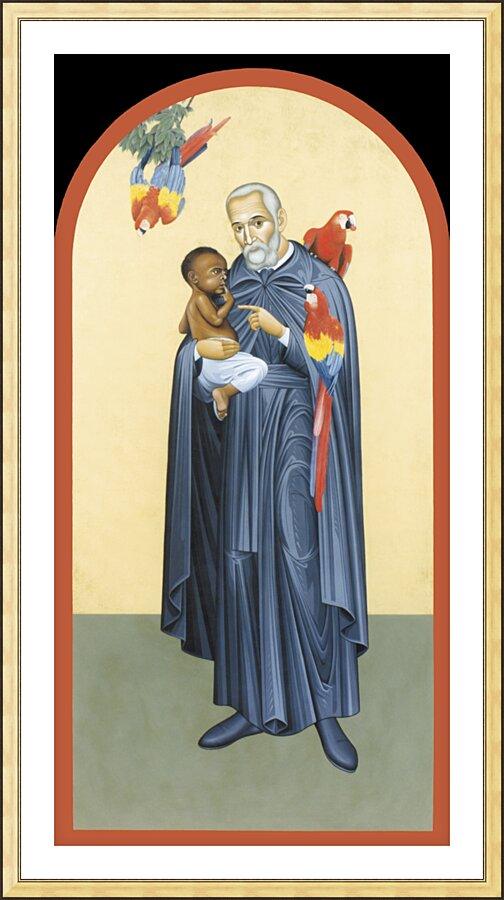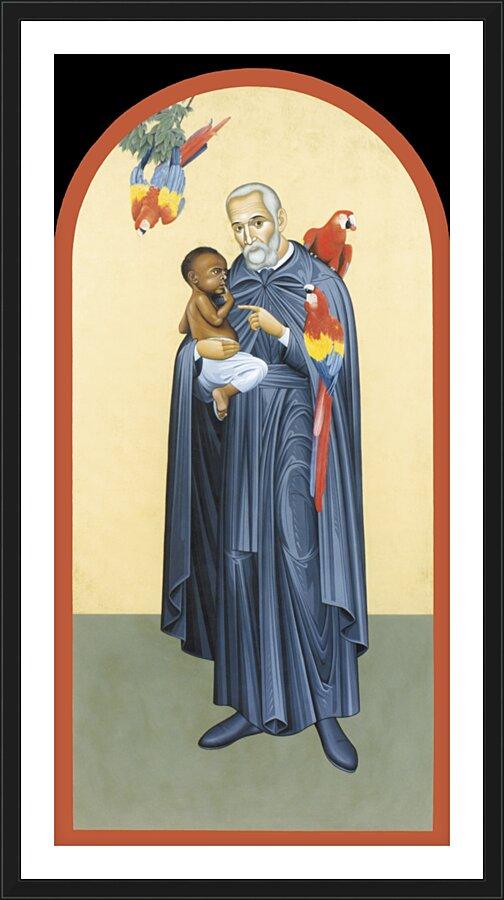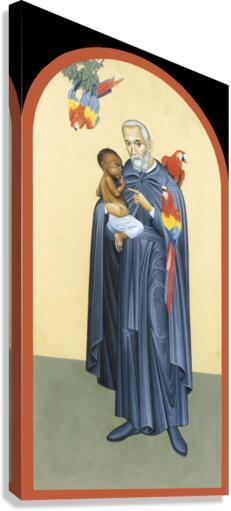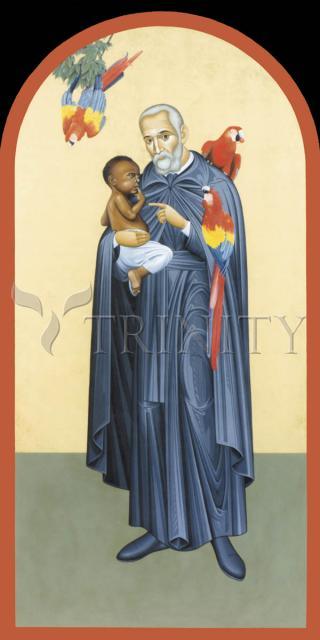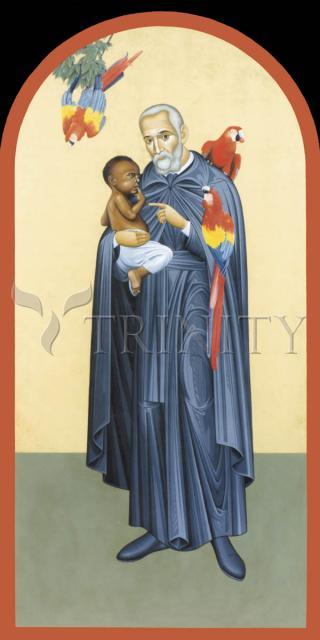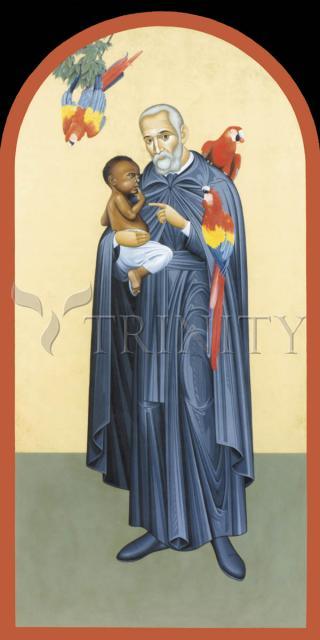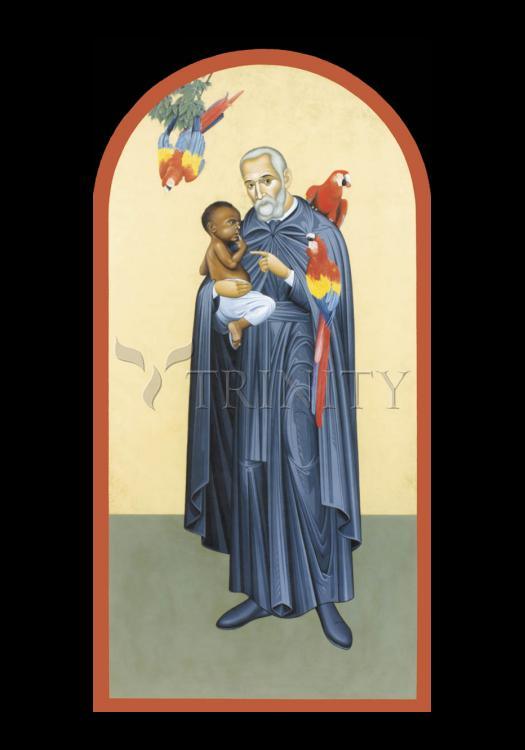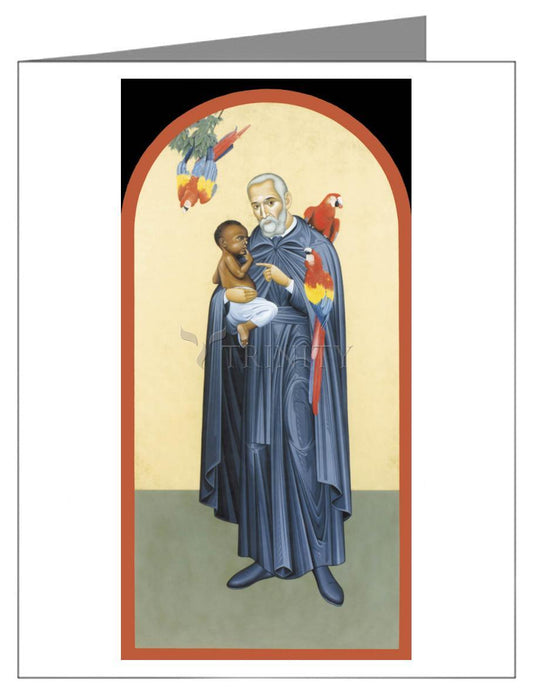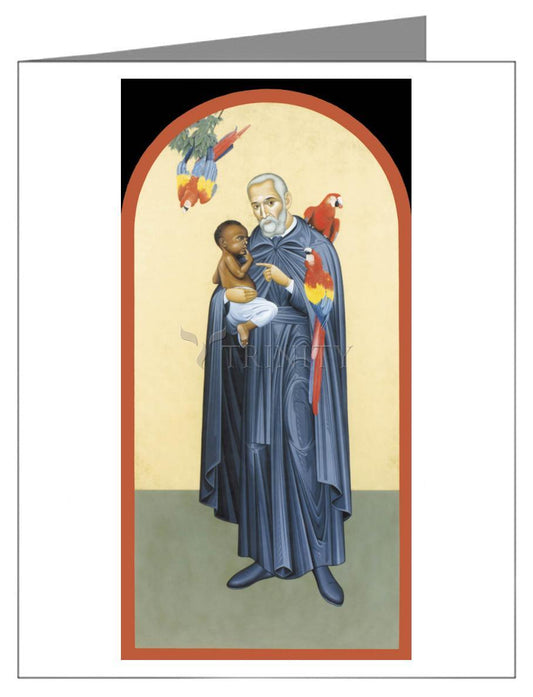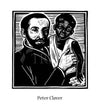Collection: St. Peter Claver
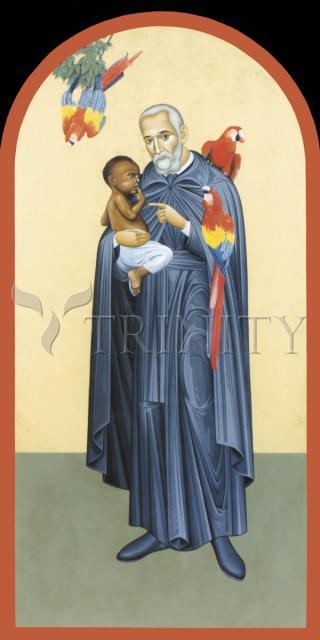
-
Sale
Wood Plaque Premium
Regular price From $99.95 USDRegular priceUnit price per$111.06 USDSale price From $99.95 USDSale -
Sale
Wood Plaque
Regular price From $39.95 USDRegular priceUnit price per$44.39 USDSale price From $39.95 USDSale -
Wall Frame Espresso
Regular price From $169.95 USDRegular priceUnit price per$133.45 USDSale price From $169.95 USD -
Wall Frame Gold
Regular price From $169.95 USDRegular priceUnit price per$133.45 USDSale price From $169.95 USD -
Wall Frame Black
Regular price From $169.95 USDRegular priceUnit price per$133.45 USDSale price From $169.95 USD -
Sale
Canvas Print
Regular price From $94.95 USDRegular priceUnit price per$105.50 USDSale price From $94.95 USDSale -
Sale
Metal Print
Regular price From $124.95 USDRegular priceUnit price per$138.83 USDSale price From $124.95 USDSale -
Sale
Acrylic Print
Regular price From $124.95 USDRegular priceUnit price per$138.83 USDSale price From $124.95 USDSale -
Sale
Giclée Print
Regular price From $19.95 USDRegular priceUnit price per$22.17 USDSale price From $19.95 USDSale -
Custom Text Note Card
Regular price From $300.00 USDRegular priceUnit price per$333.33 USDSale price From $300.00 USDSale
ARTIST: Br. Robert Lentz, OFM
ARTWORK NARRATIVE:
While the United States is well-known for its African slaves, millions of Africans were also shipped as slaves to various countries in South America. Cartagena, Colombia, was a major slave depot. Here Peter Claver, a Spanish Jesuit, labored 33 years to lessen the sufferings of uprooted Africans. Calling himself the "slave of Blacks forever," Claver ministered to slaves from the time they first landed on the docks in Cartagena, sharing much of their pain and squalor. He also kept track of them as they were sold to various plantations or mines, traveling from place to place to see to their needs. "Before we can speak to anyone with our lips," he said, "we must try to speak to them with our hands."
His compassion extended to prisoners -- including those held by the Inquisition -- and to the sick in hospitals. He spent his life defending the powerless against the wealthy.
He became partially paralyzed when he was seventy years old. Although he was in constant pain, he was left alone and neglected in a small room for the last four years of his life. Even this did not break his spirit. While he is especially revered in Latin America, he is also honored in the United States because of his defense of the slaves.
His feast day is September 9.
- Art Collection:
-
Holy Ethnic Images,
-
Saints & Angels
- Patronage:
-
Slavery,
-
Race Relations,
-
Inter-racial Justice,
-
Foreign Missions,
-
Colombia,
-
Black People,
-
Black Missions,
-
African-Americans,
-
African Missions
- Lentz collection:
-
Saints, Martyrs and Holy People,
-
Jesuit Images,
-
Black Images of Holiness
St. Peter Claver, SJ, was a member of the Society of Jesus and is the patron of African missions and of interracial justice, due to his work with slaves in Colombia.
Peter Claver was born to a prosperous family in Verdu, Spain, and earned his first degree in Barcelona. He entered the Jesuits in 1601. When he was in Majorca studying philosophy, Claver was encouraged by Alphonsus Rodriguez, the saintly doorkeeper of the college, to go to the missions in America. Claver listened, and in 1610 he landed in Cartagena, Colombia. After completing his studies in Bogotá, Peter was ordained in Cartagena in 1616.
Cartagena was one of two ports where slaves from Africa arrived to be sold in South America. Between the years 1616 and 1650, Peter Claver worked daily to minister to the needs of the 10,000 slaves who arrived each year.
When a ship arrived, Peter first begged for fruits, biscuits, or sweets to bring to the slaves. He then went on board with translators to bring his gifts as well as his skills as a doctor and teacher. Claver entered the holds of the ships and would not leave until every person received a measure of care. Peter gave short instruction in the Catholic faith and baptized as many as he could. In this way he could prevail on the slave owners to give humane treatment to fellow Christians. Peter Claver baptized more than 300,000 slaves by 1651, when he was sickened by the plague.
In the last years of his life Peter was too ill to leave his room. The ex-slave who was hired to care for him treated him cruelly, not feeding him many days, and never bathing him. Claver never complained. He was convinced that he deserved this treatment.
In 1654 Peter was anointed with the oil of the Sacrament of the Sick. When Cartagenians heard the news, they crowded into his room to see him for the last time. They treated Peter Claver's room as a shrine, and stripped it of everything but his bedclothes for mementos.
Born: 1581 at Verdu, Catalonia, Spain
Died: September 8, 1654 at Cartegena, Colombia of natural causes.
Canonized: January 15, 1888 by Pope Leo XIII
Also known as: Slave of the Blacks; Slave of the Slaves

